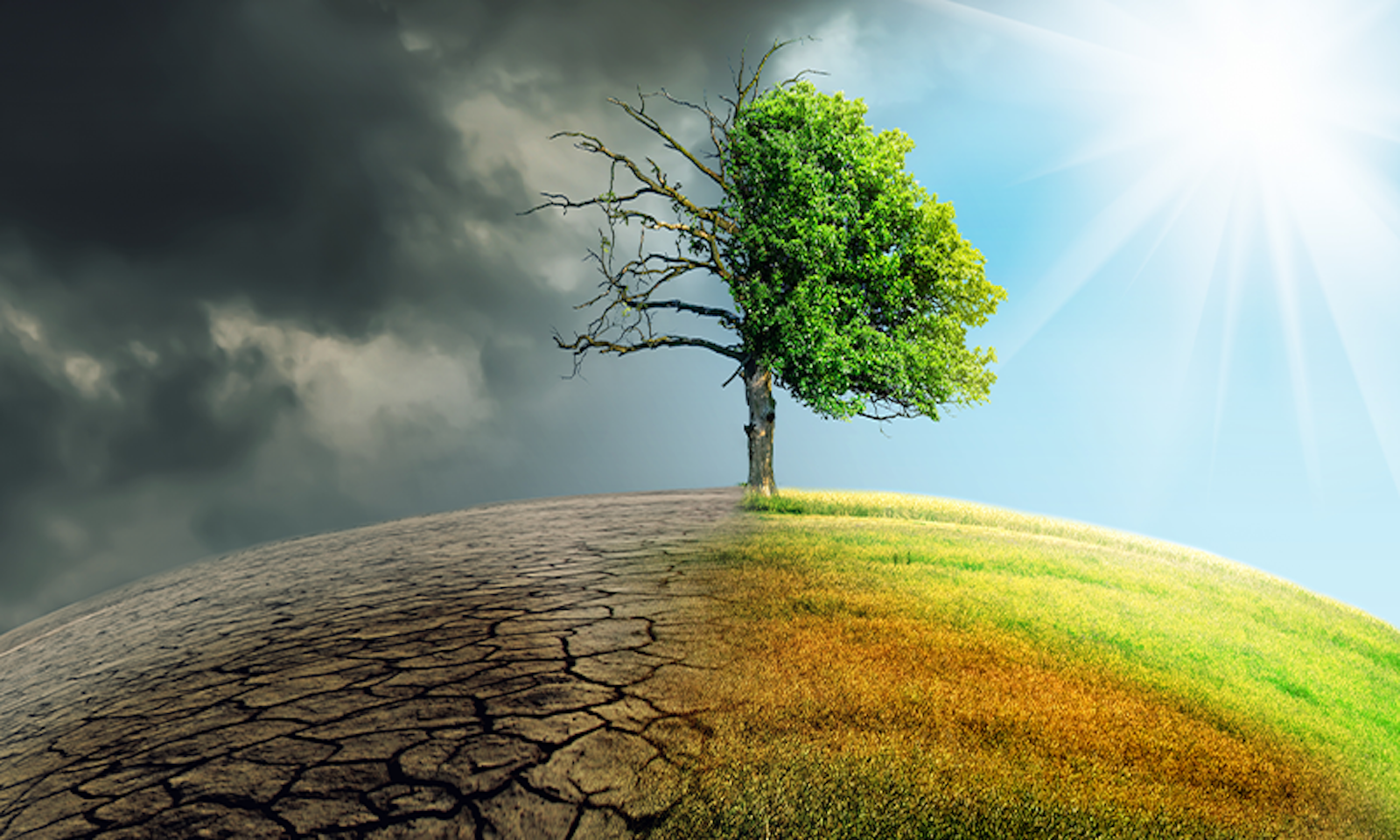Last week, we published a conversation with noted catastrophe scholar Luke Kemp, whose job it is to study the fat tail of existential risk to civilization—most recently the many and complex ways climate change could very soon spell our doom.
Which left us wondering: Why aren’t more of us doing more? Not just carrying our own coffee cups and reusable straws, but actually making change happen. Trying to avert—or at least lessen—this very real looming crisis.
One big reason, it turns out, is probably that way more of us are “climate skeptics” than we would like to think. Not in the sense that we disbelieve humans are majorly disrupting our planet’s climate, but in the sense that we don’t think there’s much we can do about it.
We need a just-right blend of fear and hope.
“I think psychology has a really important role in helping us understand that kind of skepticism response—and showing people who are skeptical that it is worthwhile to respond,” says Adam Aron, a cognitive neuroscientist who recently pivoted his research to focus on climate change action.
Aron left behind a successful neuroscience research career several years ago when he began to realize the magnitude of the climate crisis, and to see some of the potential solutions. He now runs the Climate Psychology and Action Lab at the University of California, San Diego. Aron’s research and teaching are focused on using psychology to mobilize people to take action.
Inertia is the first major obstacle. “Lots of people come up with what we call ‘discourses of delay’—excuses,” says Aron. It’s enticing to throw up our hands and say, well, it’s out of my control. “A lot of that is very self-serving, right? You can just say, ‘Oh, it’s too late, so I don’t need to do anything.’”
To tackle our collective shrug of despondence, Aron suggests, will require a just-right blend of fear and hope, packaged together in an accessible and compelling message.
First, says Aron, we need to elevate the feeling of collective—and very real—threat. Even though extreme weather events have become more shocking and frequent, our alarm tends to recede once the storm passes and cleanup has proceeded. “But [the climate crisis] threatens to disrupt organized existence within a matter of decades,” he says. “People have a sense of it on a cognitive level, but it’s not visceral,” yet.
Psychology has a really important role in helping us understand that kind of skepticism.
Too much scare, though, and people turn away. “So, you’ve got to couple that with messaging that is hopeful,” he says.
Which is why Aron pushes for more education about the power of local advocacy. “The particularly important part—and this is psychological—is that people don’t have a local theory of change,” he says. He points to examples of local movements, from the hometown outrage around the burning Cuyahoga River in Ohio in 1969 that helped spark national environmental laws, to the 1848 women’s rights convention in Seneca Falls, New York, that eventually led to women gaining the vote in the United States. “These movements started in the cities and towns and then the states and eventually became federal.” Climate action is no different, he says.
Movies, TV shows, novels, and other cultural products can help creatively thread the needle of this scare-but-care narrative, says Aron. “We see films like Don’t Look Up capturing one tiny aspect of it and all sorts of TV series that play up the dramatic effects in the future,” he says. “But I haven’t seen anything that’s more realistic coupled with the positive sociological imagination.”
And a little bit of imagination could go a long way. “We have the technology we need, the transition is occurring—we could actually do this!” he says. Perhaps it’s time to make discourses of delay passé. ![]()
Lead image: Sepp photography / Shutterstock




























